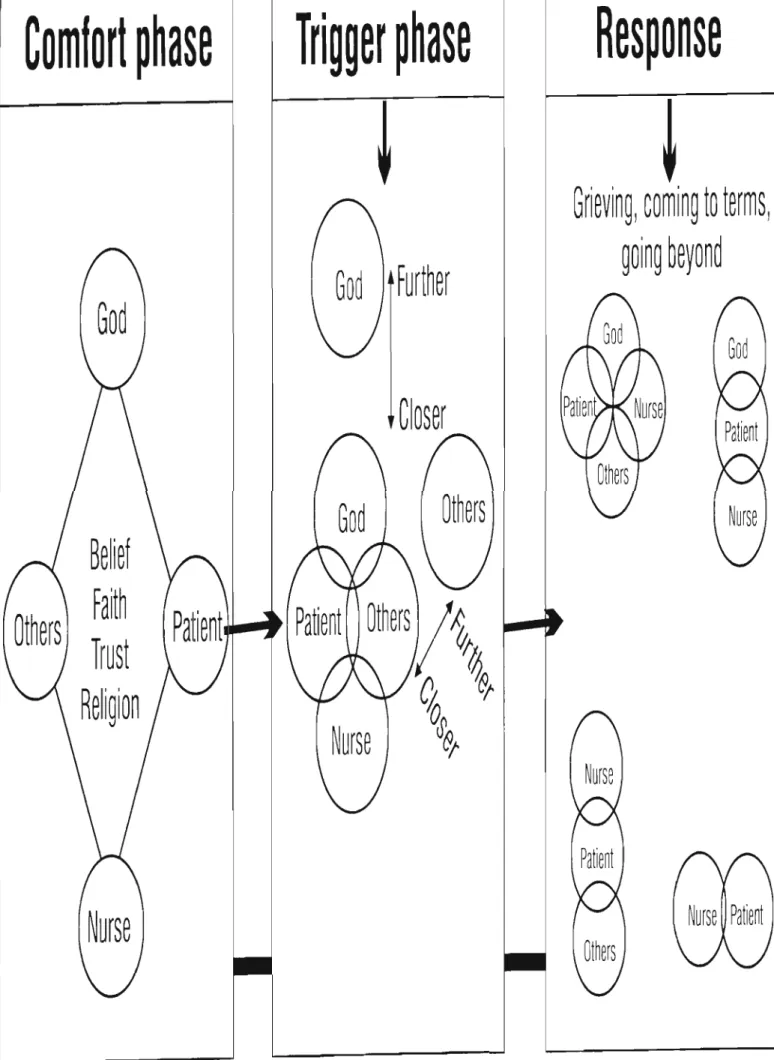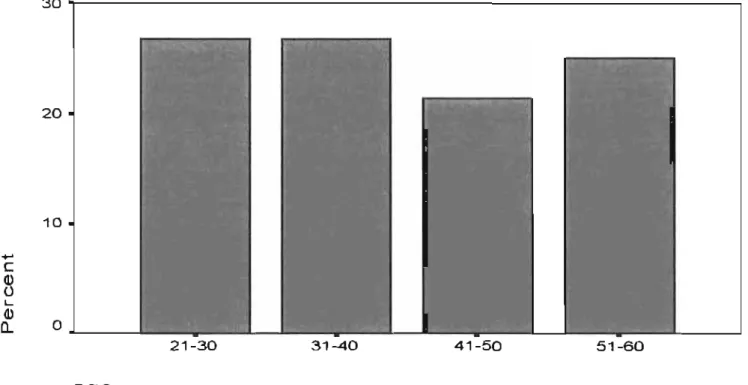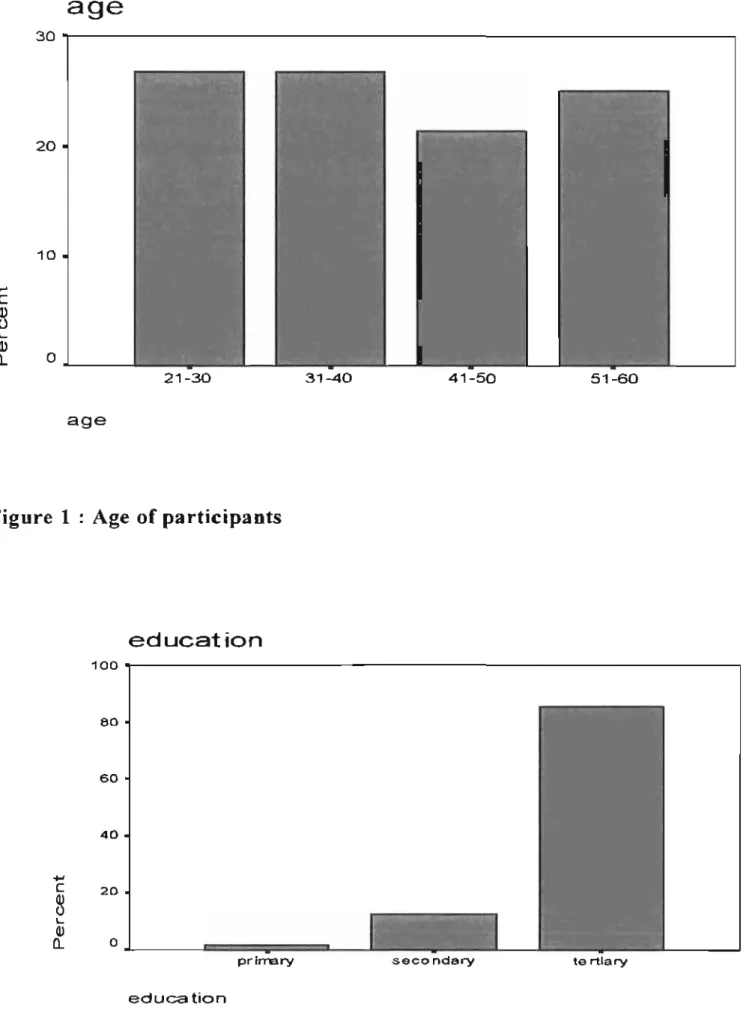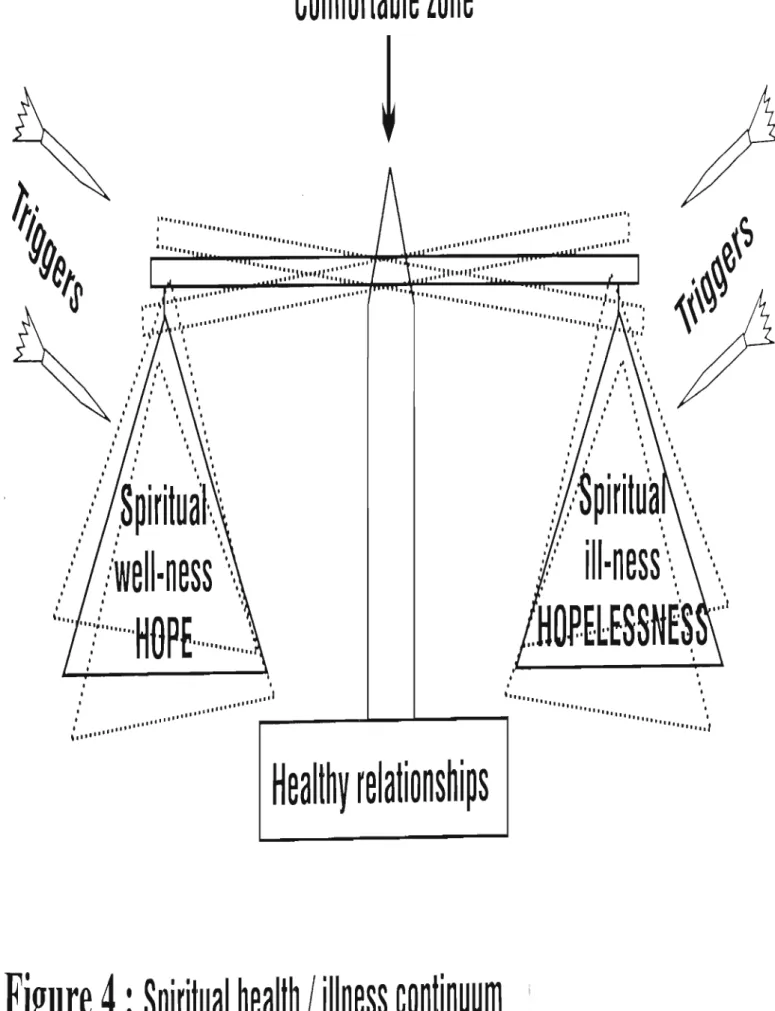A problem identified in this study was the absence of an explicit description of the concepts of spirituality and spiritual care in nursing in the South African context. They identified descriptive words used by patients/clients and nurses to describe phenomena of spirituality and spiritual care. What were the descriptions of the concepts of spirituality and spiritual care by nurses and patients/clients.
What concepts were used by patients/clients and nurses to describe their values of spirituality and spiritual care. What are the characteristics of spirituality and spiritual care as described by the research participants. Under what circumstances, and with what strategies and consequences were the phenomena of spirituality and spiritual care experienced.
This study revealed new dimensions of spirituality and spiritual care as used in the nursing profession. The aim of this study was to identify the defining concepts used by patients and nurses for the phenomena of spirituality and spiritual care.
Existent ialism
The inner consciousness of the mind is a conscious present, a constant now. Science and history have no meaning, for the subject is always present to itself) never future. The existentialist has the notion that the highly organized objective world stands against people and appears absurd. The term absurd is used here to denote the absence of correspondence and agreement between the person's need for coherence and the incoherence of the world the person experiences (Cruickshank, 1959).
In full recognition of the objective world and its absurdity, the authentic person must rebel and create meaning and value (Sire, 1988). We must never forget our penchant for non-existence, but live out the tension between the love of life and the certainty of death.” Death, the ever-present possibility and ultimate, surely puts an end to any meaning that might otherwise be possible.
Blackhan, in Sires (1988) argues, "yes, death does indeed end all, but every human life is more than itself because it derives from a past humanity and affects the future of humanity. More there is heaven and hell. in the economy of every human imagination."
Religious perspectives
The traditional African religion
- Person
- God
- Environment
- Health
- Illness
The consequences of spirituality
- Inner peace
- Finding meaning and purpo se in life , illness and in death
Spiritual care should be directed toward the unique spiritual expression of the client and the nurse. Spiritual care means that nursing activities are directed toward meeting the patient's unique spiritual experiences by matching them with the nurse's unique spiritual expression. Empathy identifies with the other's feelings and accepts them as real, accepting the person as genuine in the process.
Walking with the patient provides an opportunity for a nurse to assess other spiritual needs of the patient. This statement corresponds to the concept of "ubuntu" identified as one of the important principles of spiritual care in this study. This relationship of the person's spirituality to the person's total being can be compared to the person as a cultural being.
This contrasts with the grounded theory of spiritual care developed in this study, which views a person's spiritual dimension as an inseparable part of the total being, occupying neither the core nor the periphery. In this study, mental health is viewed as part of the total aspect of a person's health. It is the part that inspires one to seek, to transcend the realms of the material.
The approach used in this study emphasizes the integration of the person's spirituality with the total being by saying that all nursing activities should take into account that the patient and the nurse are both spiritual beings. Spiritual care is therefore a result of the natural meeting between the patient, the family and the nurses' spirituality, as the nurse accompanies the patient and the family through their life journey and the uncertainty of death. Ross (1994) argues that spiritual care can be provided through the use of the nursing process.
In this study the concept ofubuntu was identified as one of the principles of spiritual care. This chapter has outlined the conceptual framework of the grounded theory analysis of the phenomena of spirituality and spiritual care in nursing. The words describing the concept of spirituality are explained from the perspective of those who experience the phenomena.
The similarities and differences in the meaning of the terms used in spiritual care have also been discovered. Spiritual care for the elderly. an integral part of the nursing process. 1989) Aspects of Community Health Nursing.

The spiritual trigger response
Grieving
- Spiritual fear .... .... ... . . .•. .. . •.......... ... . . .... .. . . . . . . .. 1 40
Principles of spiritual care
- Love and compassion as expressions of human value
Meeting the patient's unique spiritual expression will take into account the patient's culture, religious beliefs, nationality. Spiritual care is greatly influenced by the religious beliefs of the nurse and the patient, cultural diversity, the patient's ability to express the spiritual needs and the nurse's ability to recognize the needs and be able to intervene appropriately. It therefore becomes important for nurses to understand the patient's religious beliefs in order to intervene appropriately.
While walking with the patient, the nurse also acts as a facilitator of the patient's search for connection to the transcendent. At the same time that the nurse accompanies the patient, she also guides the patient and his family. The nurse acts as a mentor to the patient and family and also remembers that the nurse would not lead them faster than they would follow.
When a nurse accompanies a patient, she goes with him where the patient leads, not where the nurse wants him to go. When monitoring the patient and family, the nurse also educates and supports both the patient and his family. The companionship that a nurse provides to a patient alleviates the spiritual fears and anxieties associated with illness and death.
The helping role of a nurse refers to the ability of nurses to provide whatever assistance is needed by the patient and his family. A nurse's presenting role refers to the nurse's ability to be readily available to the patient and his or her family by being physically present at the patient's bedside. Being with the patient and his/her family in their pain and suffering and in death is an essential role of a nurse.
Value is the value placed on something or someone, therefore, the evaluative role of a nurse refers to the nurse's ability to care for the patient as a unique and precious being who maintains human dignity (Taylor, 1986). When assessing a person, a nurse will accept the patient and respect the person as a human being. A nurse values the patient and respects his or her dignity, including the patient's choices about relationships, lifestyle, beliefs, and values.
The interce ssory role ofa nurse
- T he interce ssory prayer
- Nurturing hope and trust
They can just stay with the patient and just listen to what the patient is saying. Sometimes the nurse reads the encouraging statement from a book available to him or her. The nurse must make a conscious effort to convey hope and faith to the patients and their families.
Hope says there is a way out of pain and suffering, there is someone who understands pain.
The sp iritual care outcomes
Most nursing authors have attempted to conceptualize the phenomena of spirituality and spiritual care from a Christian perspective. Their approach to spiritual care is also based on the stages of the nursing process with the therapeutic use of self through listening, empathy. The conceptual model of spiritual care developed in this study also portrayed spirituality as a unique search for a transcendent relationship with self, others, and God.
Another aspect that Carson (1989) brings to her model of spiritual care is the health-illness continuum. In this approach, the nurse can intervene in the patient's life by using the nursing process to provide spiritual care to relieve spiritual distress. In the model of spiritual care that we developed in this study, we tried not to extract the spiritual aspect from the whole in this way.
Her perspective on spiritual care uses concepts similar to those used in the spiritual care model developed in this study, although the emphasis is on theological care. The difference between O'Brien's (1999) model and the spiritual care model developed in this study is that O'Brien's model is also a needs approach. It emphasizes meeting specific spiritual needs. In contrast to the grounded theory of spiritual care, Burkhardt (1989) approaches the phenomena of spirituality and spiritual care from a humanistic existential perspective, whereas the grounded theory has tried to be more eclectic in its approach to the subject.
Spiritual care was perceived to be influenced by factors related to nurses and patients. Although no studies have been reported in South Africa on the concepts of spirituality and spiritual care in nursing, South African nurses have speculated on concepts related to spiritual care such as the concept ofubuntu in relation to nurses' compassion for human suffering and pain. Qualified nurses should also be offered in-service and in-service courses on spirituality and spiritual care.
The model that has been developed in this study is called the "spiritual care model". The model of spiritual care was developed through the use of a grounded theory research method. Spiritual care was characterized by the following results; inner peace, hope, faith, finding meaning and purpose in life.
Discu ssion in re lati on to the literature


